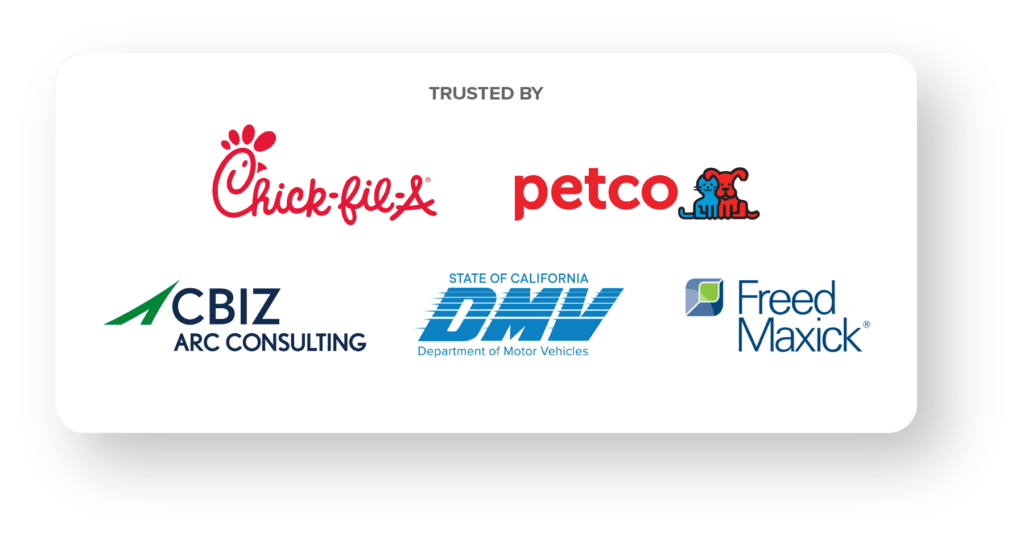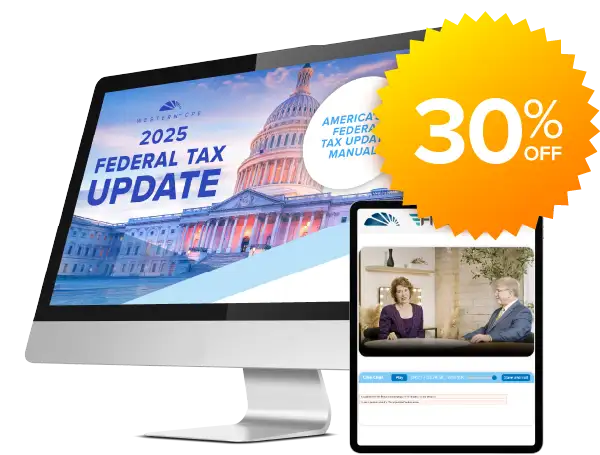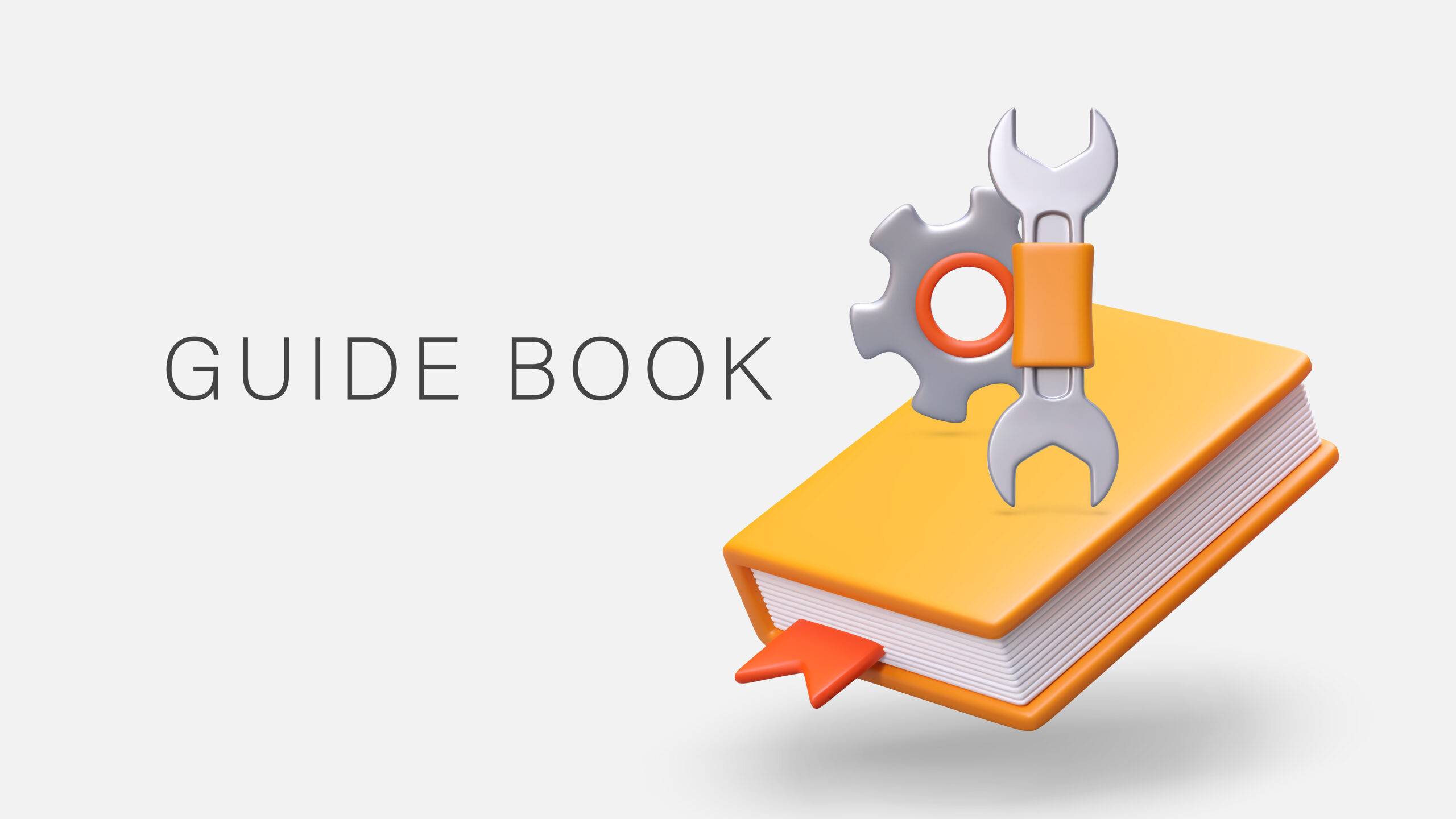
Buy Two, Get One 25% Off
Digital CPE

Up to 50% Off
On-Demand Credit Packages

Up to 45% Off
Save Now, Choose Later
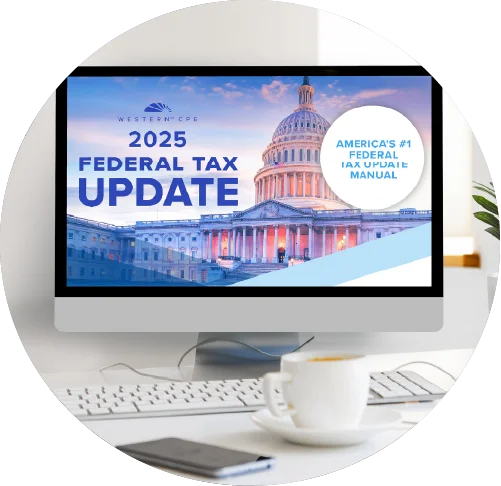
30% OFF
The Federal Tax Update
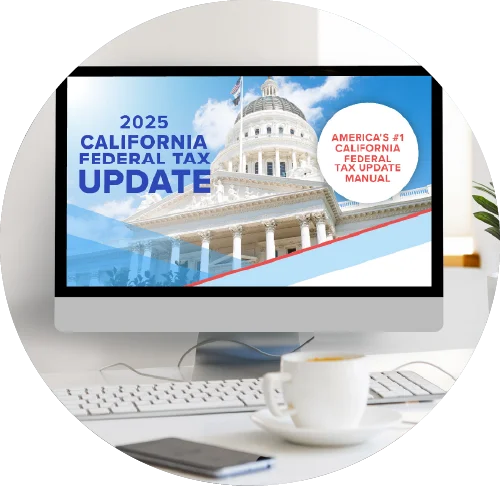
UP TO 35% OFF
The California Federal Tax Update

Up to 30% OFF
OBBBA Series

Buy Two, Get One 25% Off
Digital CPE

Up to 45% Off
Save Now, Choose Later

Up to 30% OFF
OBBBA Series

AND MORE!
The IRS Isn't Waiting. Neither Should You.
Real changes, real strategies. Join the thousands who trust Western CPE’s Federal Tax Update for clarity that transforms complexity into confidence.
The Most Up to Date OBBBA Coverage
Turn 1,000 pages into 4 targeted courses. CPE that fits your schedule.

Explore Western CPE
Whether it’s on-demand digital courses or live events at world-class resorts, expect to get more from your CPE than ever before.
Tax Updates:
Get Ahead of Tax Season
Digital CPE Courses:
Build Your Skills Like a Pro

Live Learning Events:
Enhance your CPE Experience
CPE For Business:
Tailor Training for Your Team
-
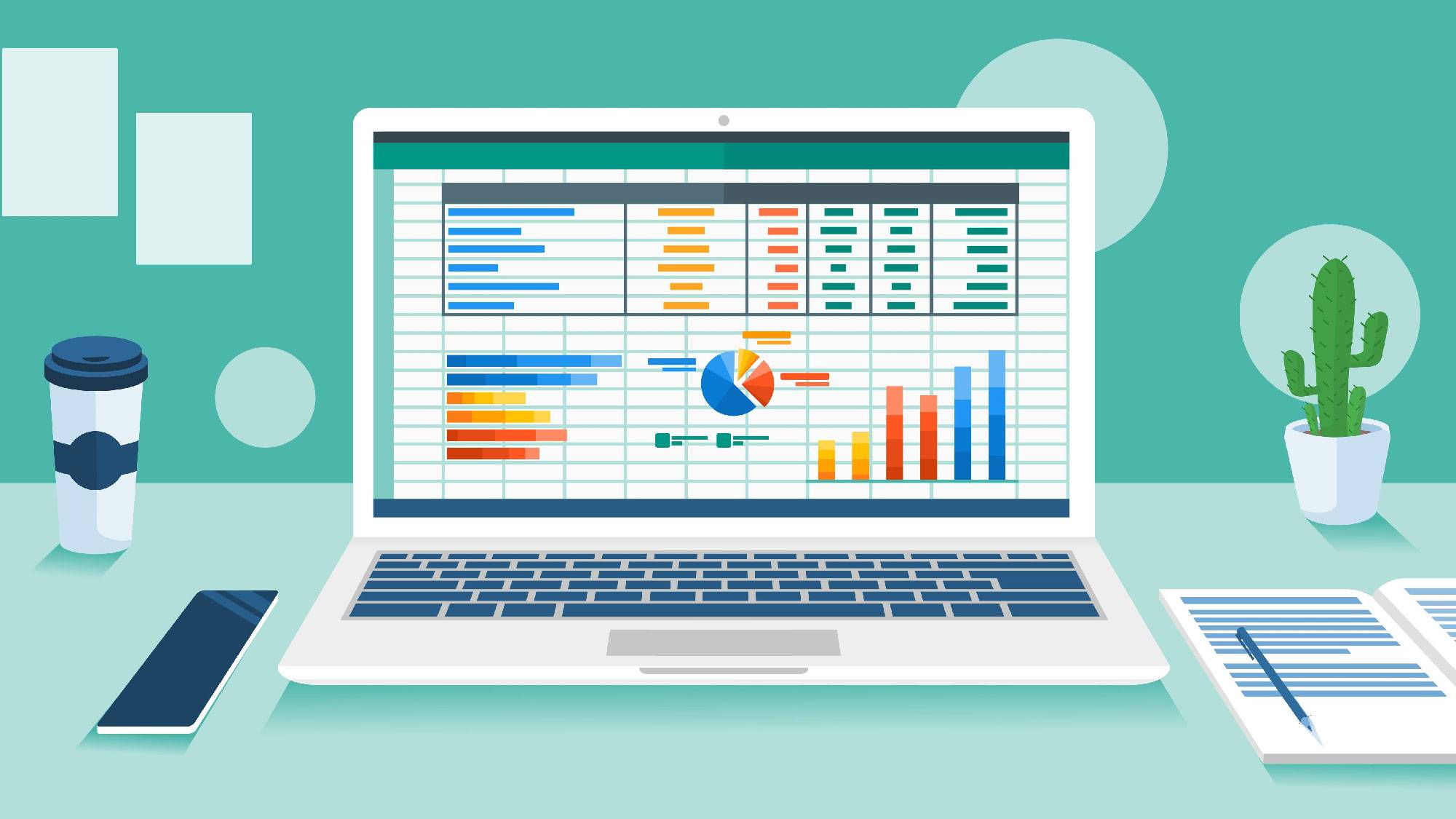 Computer Software & Applications
Computer Software & Applications
Become an Expert on Lookup Functions
Patricia McCarthy, MBA QAS Self-Study
Credits: 2 $58.00
QAS Self-Study
Credits: 2 $58.00 -
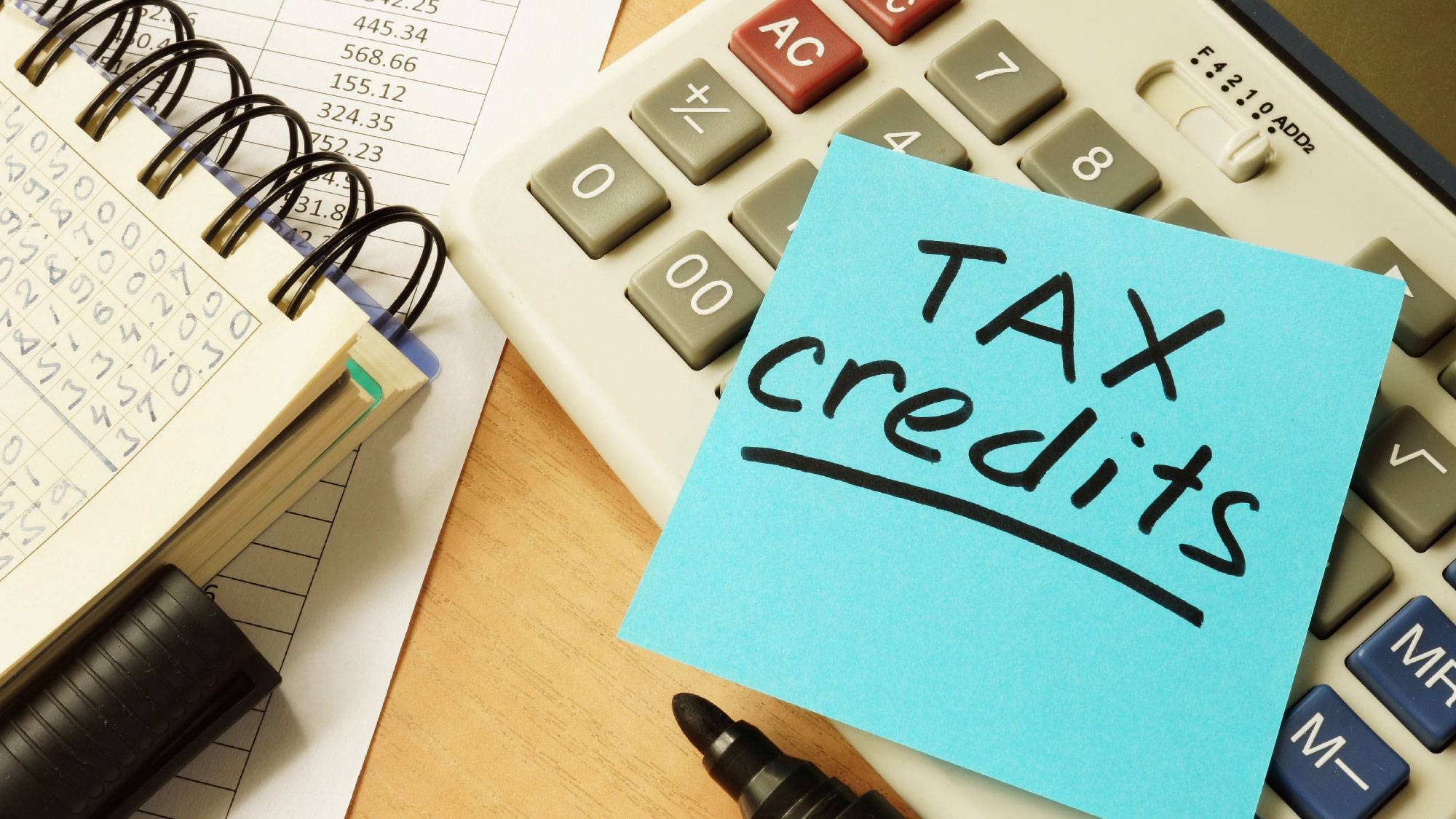 Taxes
Taxes
Individual Income Tax Credits & Due Diligence Requirements
Paul J. Winn CLU ChFC QAS Self-Study
Credits: 5 $145.00
QAS Self-Study
Credits: 5 $145.00 -
 Auditing
Auditing
Preparing and Reviewing Workpapers for Higher Quality Audits
Jennifer F. Louis, CPA Webcast
Credits: 4 $196.00
Webcast
Credits: 4 $196.00
-
 Accounting
Accounting
Real Estate Accounting
Steven M. Bragg, CPA QAS Self-Study
Credits: 9 $261.00
QAS Self-Study
Credits: 9 $261.00 -
 Auditing
Auditing
Seeing Red Again: Behavioral Indicators of Fraud
Aaron Denbo, MAS, CFE, CFI Webcast
Credits: 1 $49.00
Webcast
Credits: 1 $49.00 -
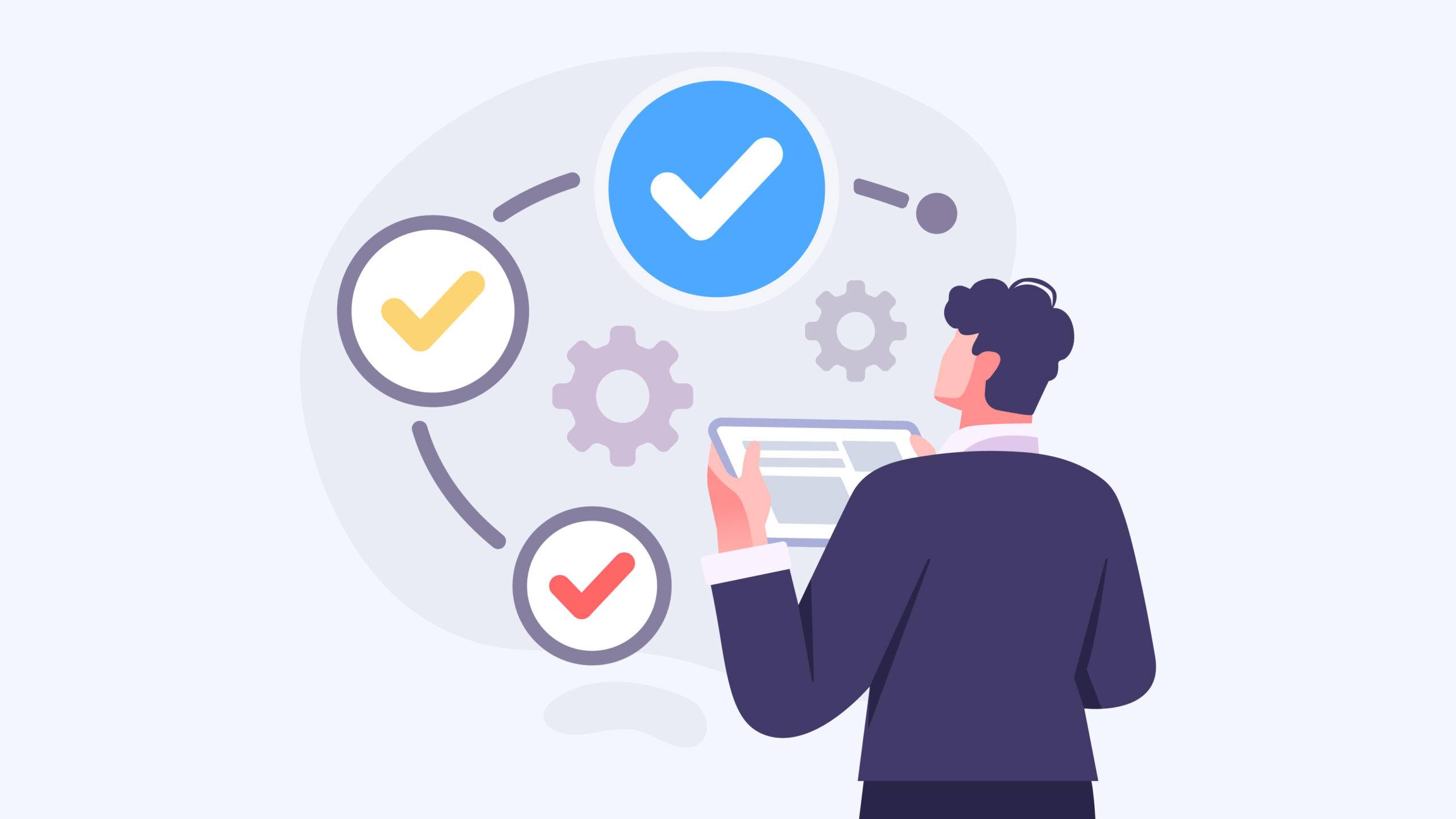 Taxes
Taxes
The Life Cycle of a Revocable Living Trust
Alice Orzechowski, CPA, CMA, EA Webcast
Credits: 2 $98.00
Webcast
Credits: 2 $98.00
1M+
Certificates Issued
1.2k+
COURSES
3.5k+
Cpe Credits
20K+
Live attendees
SUPPORTED BY:


GROUP DISCOUNTS
Western CPE for Business
Western CPE for Business is a smarter strategy to drive real CPE transformation. Upskill your teams, improve retention and satisfaction, and get a real ROI on your continuing education.

